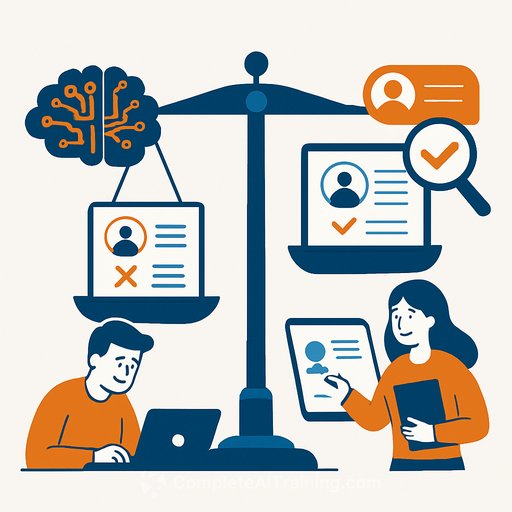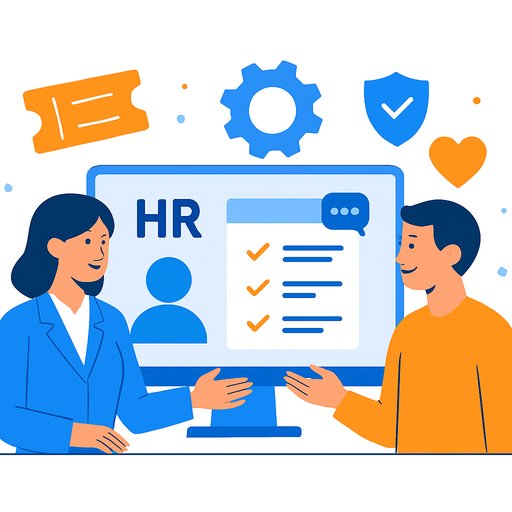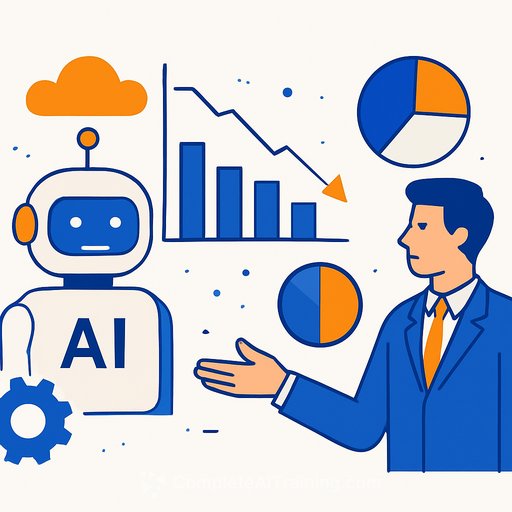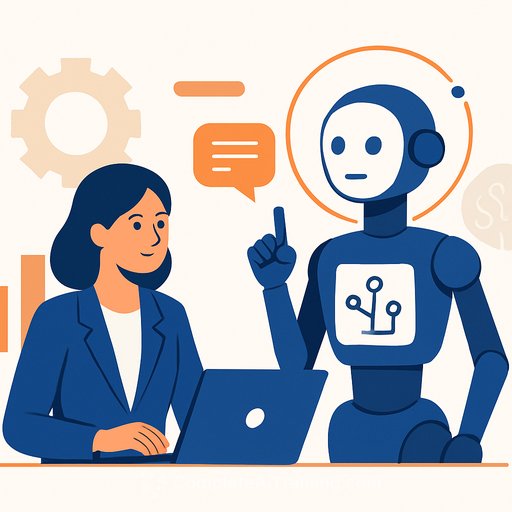The Rise of AI in Job Applications
Artificial intelligence is changing how job seekers create applications and how recruiters review them. By mid-2025, many recruiters report receiving a flood of resumes that sound almost identical—polished and full of keywords but missing authentic personality. This trend is fueled by tools like ChatGPT, which candidates use to draft cover letters, resumes, and even prepare interview answers quickly.
According to Business Insider, up to 70% of applications now show signs of AI assistance, described as "grammatically correct and emotionally vacant." In response, HR teams are deploying AI filters to detect machine-generated content, sparking a cycle where technology is used to outsmart technology.
Challenges for Recruiters in Screening
The surge of AI-generated applications is not only large in volume but also often misleading. Recruiters on social media platforms like X report a 45% increase in applications submitted by AI bots that automatically apply to multiple jobs. This creates noise in inboxes and makes it harder to find genuinely qualified candidates.
Forbes highlights that AI is automating early screening stages to reduce bias but warns about the risk of relying too much on algorithms that may miss subtle human qualities important for hiring decisions.
Impact on Entry-Level Opportunities
Entry-level candidates face mixed effects. While AI tools give more people access to professional-looking applications, they tend to produce uniform profiles, making it difficult for individuals to stand out. The World Economic Forum warns that automation threatens junior roles and may increase inequality by favoring those with stronger tech skills.
AI’s influence also extends to interviews. Recruiters have noticed candidates appearing to read scripted answers generated in real-time, sometimes glancing at secondary screens for prompts. This behavior undermines trust and complicates the evaluation of true skills.
Strategies for Adaptation
Companies are responding with new approaches. For example, Highbridge Talent promotes AI-driven video interviews and chatbots that assess responses for authenticity, helping to maintain hiring quality while streamlining the process.
Nexford University forecasts that AI will eliminate some jobs but create others, urging professionals to improve their AI literacy to stay competitive. Recruiters are encouraged to blend AI tools with human judgment to balance efficiency and intuition.
Ethical Considerations and Future Outlook
The integration of AI in recruitment raises ethical questions. The International Monetary Fund notes that AI could affect nearly 40% of global jobs, highlighting the need for policies that ensure fair benefits. Bias in AI recruitment tools remains a concern, with sources like All About AI pointing out rising adoption rates alongside discrimination risks.
Looking forward, experts suggest job seekers should use AI to assist, not replace, their voice—adding personal touches to avoid detection as machine-generated. Recruiters should refine their focus on soft skills and cultural fit, areas where AI still struggles.
Toward a Human-AI Symbiosis
Adopting AI in recruitment requires ongoing attention and transparency. According to MiHCM, best practices include clear AI usage policies and continuous training for HR teams. Feedback from social media shows growing fatigue with "AI-generated slop," emphasizing the need for authenticity despite automation.
The University of San Diego projects a future where AI complements human roles by boosting efficiency without replacing the human element. For HR professionals, the challenge is to adapt now—transforming AI’s challenges into opportunities for more inclusive and effective hiring processes.
- AI tools can streamline screening but must be balanced with human insight.
- Ethical recruitment requires awareness of AI bias and transparent practices.
- Entry-level candidates should develop AI literacy and personalize applications to stand out.
- Recruiters should focus more on soft skills and cultural fit, which AI struggles to assess accurately.
For HR professionals looking to deepen their understanding of AI’s role in recruitment, exploring AI literacy courses can provide practical skills to manage these new challenges effectively. Visit Complete AI Training's latest courses for resources on AI in hiring.
Your membership also unlocks:






